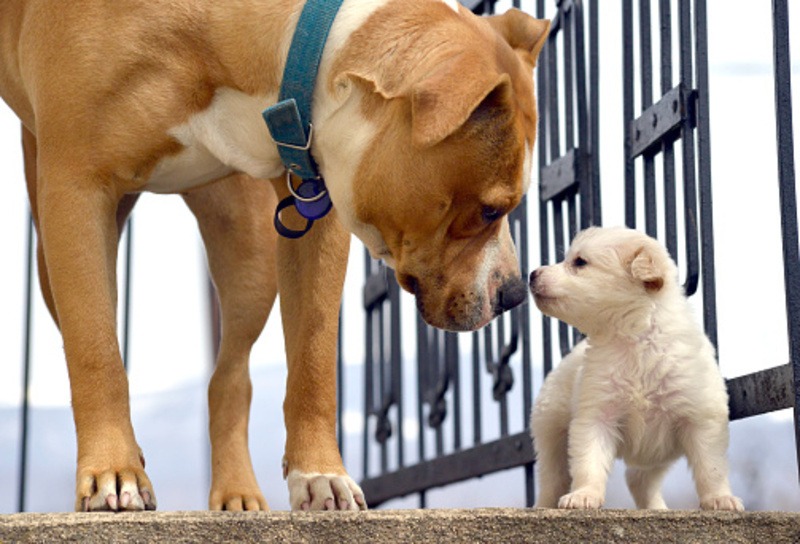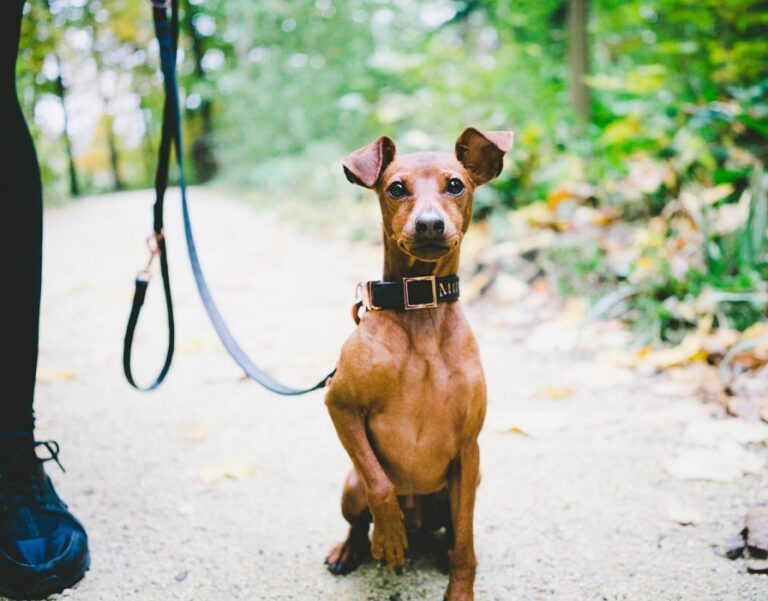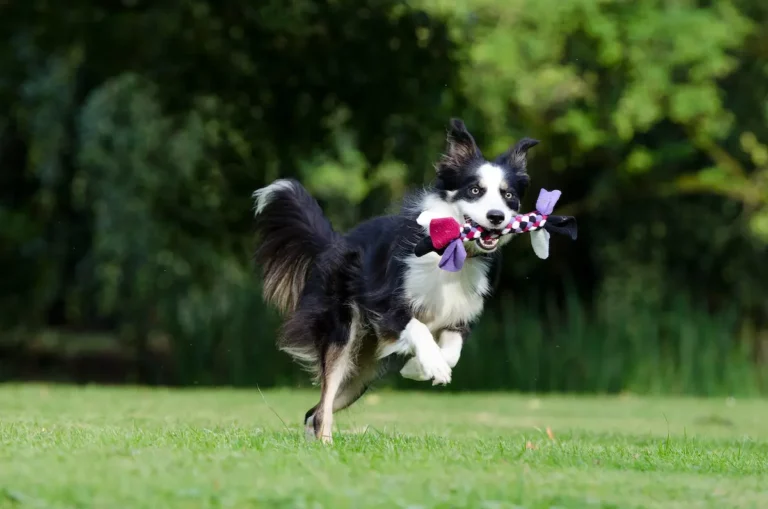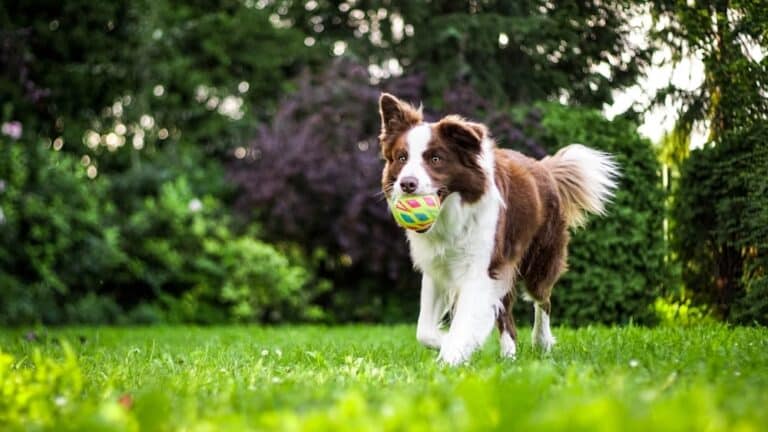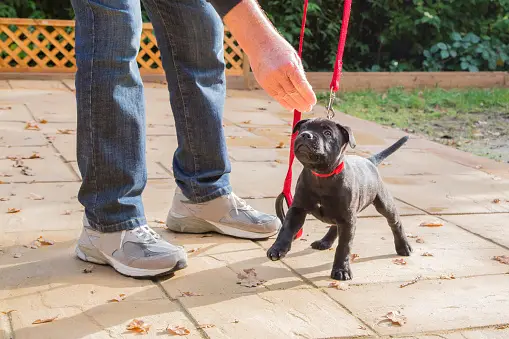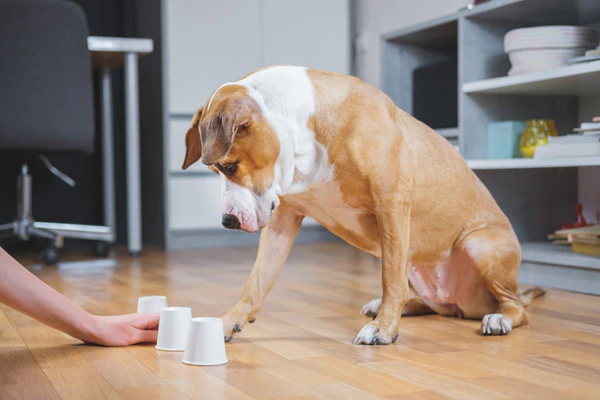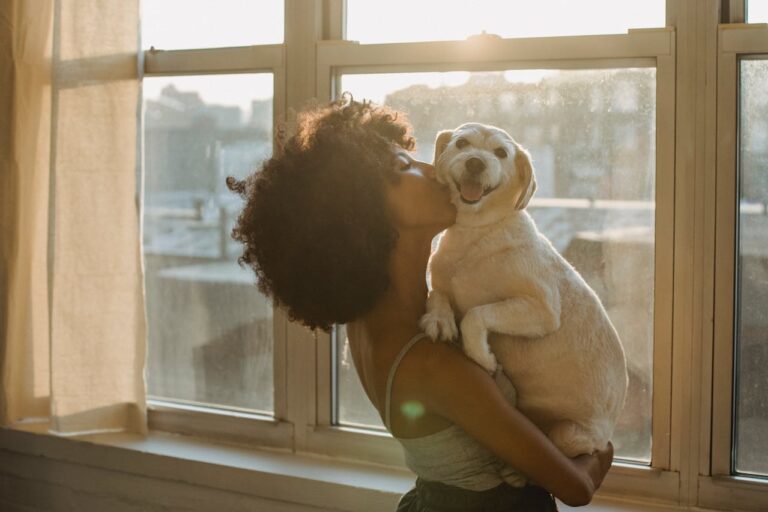Embarking on the adventure of dog ownership means understanding how to train your furry friend at different stages of their life. Training dogs of different ages comes with unique challenges and considerations. Whether you have a lively puppy, a grown-up dog, or a wise senior companion, adjusting your training methods is crucial for their well-being. This guide will share practical tips and insights to help you navigate training for puppies, adult dogs, and seniors. Let’s explore how to ensure your canine pal is happy and thriving at every step of their life.
Training Tips for Puppy Dogs
Start with basic commands
When training a puppy, it is important to start with basic commands. These commands include sit, stay, come, and down. Teaching your puppy these basic commands will not only help establish good behavior but also create a strong foundation for more advanced training in the future.
To start teaching your puppy these commands, use a calm and assertive tone of voice. Begin with one command at a time, repeating it consistently until your puppy understands and responds correctly. Be patient and reward your puppy with treats or praise when they perform the desired behavior.
Socialize your puppy
Socialization is a crucial aspect of training for puppies. It involves exposing your puppy to a variety of people, animals, and environments to help them become well-adjusted and friendly. This is particularly important during their early developmental stages.
Take your puppy to different places such as parks, pet-friendly stores, and friends’ houses to introduce them to new experiences. Encourage positive interactions with other dogs and people, allowing your puppy to learn appropriate behavior and become comfortable in various situations.
Use positive reinforcement
Positive reinforcement is an effective training method for puppies. It involves rewarding your puppy for good behavior rather than punishing them for mistakes. This approach helps to build a positive association with training and encourages your puppy to repeat desired behaviors.
When using positive reinforcement, use treats, toys, or verbal praise as rewards. Timing is crucial – make sure to reward your puppy immediately after they perform the desired behavior. This will help them understand what they are being rewarded for and reinforce the behavior positively.
Remember to keep training sessions short and fun for your puppy. Puppies have shorter attention spans, so frequent training sessions of around 5-10 minutes are ideal. Use these training tips for puppies to establish a strong bond with your furry friend and set them up for a lifetime of good behavior.
Training Tips for Adult Dogs
Assess previous training
Before starting any training with your adult dog, it is important to assess their previous training experiences. Determine what commands they already know and how well they respond to them. This will give you an idea of their current level of training and what areas need improvement.
Focus on obedience training
Obedience training is essential for adult dogs as it helps establish a strong bond between you and your furry friend. Start by reinforcing basic commands such as sit, stay, come, and down. Use positive reinforcement techniques like treats and praise to motivate your dog and make training enjoyable for them.
Address behavioral issues
If your adult dog is exhibiting any behavioral issues, it is crucial to address them during training. Common behavioral problems include aggression, separation anxiety, and excessive barking. Consult with a professional dog trainer or behaviorist to identify the root cause of these issues and develop a training plan to address them effectively.
Remember, consistency and patience are key when training adult dogs. Be sure to set aside dedicated time for training sessions and provide plenty of positive reinforcement. With the right approach, you can help your adult dog become a well-behaved and obedient companion.
Training Tips for Senior Dogs
Consider health limitations
As dogs age, they may develop certain health limitations that can affect their ability to participate in certain training activities. It’s important to consider these limitations and adjust the training program accordingly. For instance, if your senior dog has arthritis or joint problems, you may need to avoid exercises that put too much strain on their joints. Instead, focus on low-impact activities such as gentle walks or swimming. Always consult with your veterinarian to determine the appropriate training regimen for your senior dog’s specific health needs.
Adjust training intensity
Just like humans, senior dogs may not have the same stamina and energy levels as their younger counterparts. It’s crucial to adjust the intensity and duration of training sessions to accommodate their reduced endurance. Keep the training sessions shorter and more frequent, allowing for plenty of breaks and rest periods. This not only prevents overexertion but also ensures that your senior dog stays engaged and motivated throughout the training process.
Include mental stimulation
While physical exercise is important for senior dogs, mental stimulation is equally crucial for their overall well-being. Engaging their brain through training exercises can help keep their minds sharp and prevent cognitive decline. Consider incorporating puzzle toys, scent games, or obedience training that focuses on mental challenges. These activities not only provide entertainment but also help to strengthen the bond between you and your senior dog.
Remember, every senior dog is unique, and it’s essential to tailor the training approach to their individual needs. Patience, understanding, and adapting the training methods will go a long way in ensuring a happy and fulfilling training experience for your beloved senior companion.
Training dogs of different ages requires a tailored approach that takes into consideration their unique developmental stages and physical needs. For puppies, it is crucial to start training early and focus on socialization and basic commands. Adult dogs benefit from advanced training to reinforce good behavior and address any existing issues. Senior dogs can still benefit from mental stimulation and light exercise to keep their minds sharp and maintain their overall well-being. By understanding the specific needs of each age group, pet owners can provide effective and enjoyable training experiences for their furry companions throughout their lives.

